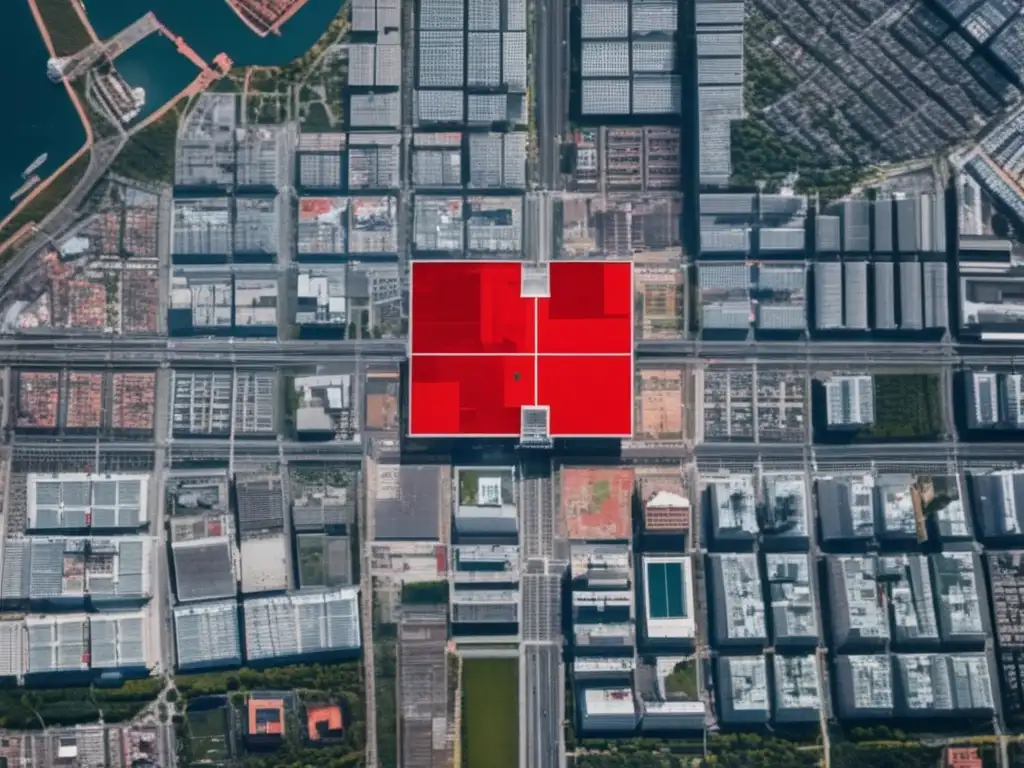Knowing Your Zone: Understanding Hurricane Evacuation Areas

Knowing Your Zone: Understanding Hurricane Evacuation Areas
Introduction
Hurricanes are among the most destructive natural disasters that can hit land, often causing a significant loss of life and damage to property. Thus, it is always important to stay informed and prepared for hurricane season, which typically runs from June 1st to November 30th in the Atlantic Basin. One crucial aspect of hurricane preparedness is understanding your zone's evacuation areas. While hurricanes can bring devastation to large coastal areas, they don't impact every area equally. Hence, knowing whether your home is in an evacuation zone and having a plan in place can be lifesaving. In this article, we will explore the importance of understanding your zone and how to prepare for a hurricane evacuation.
Why Is Knowing Your Zone Important?

Zone Types
Evacuation zones are used to identify areas most at risk for flooding or storm surge during a hurricane. The zones are typically designated by local government officials and are based on factors such as geographic location, elevation, and proximity to bodies of water. The three evacuation zones are:
- Zone A: This zone is the most vulnerable and is near the coast or other bodies of water that are at risk of storm surges and flooding. Those living in Zone A should evacuate first when a hurricane is approaching.
- Zone B: This zone is less vulnerable than Zone A but still faces potential hazards due to flooding and surge-related damage.
- Zone C: This zone is the least vulnerable and not expected to experience significant flooding or damage from storm surges.
It is important to check which zone you fall under as this determines your evacuation timing and procedures.
Impacts of Hurricanes
Hurricanes bring with them numerous threats, such as high winds, heavy rains, thunderstorms, flooding, and storm surges. The impact of these threats can vary depending on your location, zone, and the severity of the hurricane. Storm surges are the deadliest aspect of hurricanes and can cause significant flooding, especially in low-lying coastal areas. This is why understanding your zone and evacuation areas is vital as it can help prevent injury or death during a hurricane.
Preparing for a Hurricane Evacuation

Emergency Kit
When preparing for a hurricane evacuation, you should have an emergency kit packed with essentials such as water, non-perishable food items, medication, clothing, important documents, cash, and a first aid kit. You should also pack enough supplies to last for at least three days. It's best to have the kit organized and ready to go at a moment's notice as hurricanes can quickly change course and intensify.
Create a Plan
It's important to have a hurricane evacuation plan in place well before the storm arrives. You should discuss with your family and neighbors where you will go and how you will get there. If you don't have transportation, arrange for a ride with a family member, friend, or public transportation if possible. Additionally, make sure to identify shelters and pet-friendly accommodations in advance.
Stay Informed
During hurricane season, regularly listen to the National Weather Service and local news stations. These agencies provide updates and warnings of any approaching hurricanes or tropical storms. Pay close attention to the storm's projected path, intensity, and potential impacts in your area. Additionally, sign up for emergency alerts from your local government or weather authority to stay informed.
FAQs

-
What is a hurricane evacuation zone?
A hurricane evacuation zone is a designated area based on factors such as geographic location, elevation, and proximity to bodies of water. The zones identify areas most at risk for flooding or storm surge during a hurricane.
-
How do I know which zone I'm in?
You can find your hurricane evacuation zone by contacting your local government officials, visiting your local government website, or by using online tools provided by the National Hurricane Center or other weather agencies.
-
What should I do if I'm in an evacuation zone?
If you are in an evacuation zone, you should prepare an emergency kit, have a plan, stay informed, and evacuate as instructed by local government officials.
-
What is the best way to stay informed during a hurricane?
The best way to stay informed during a hurricane is to regularly listen to the National Weather Service and local news stations. Additionally, sign up for emergency alerts from your local government or weather authority to stay informed.
-
How long does a hurricane evacuation last?
The duration of a hurricane evacuation can vary depending on the severity of the storm and the impacts in the affected areas. It is recommended to be prepared for at least 72 hours with supplies and accommodations.
Conclusion
Hurricanes can bring devastation to large coastal areas, but they don't impact every area equally. Knowing whether your home is in an evacuation zone and having a plan in place can be lifesaving. By understanding your zone, preparing for a hurricane evacuation, and staying informed during the hurricane season, you can help safeguard yourself and your family from potential storms.
Additional Resources

If you want to discover more articles similar to Knowing Your Zone: Understanding Hurricane Evacuation Areas, you can visit the Hurricane preparedness: category.
Leave a Reply




Articulos relacionados: